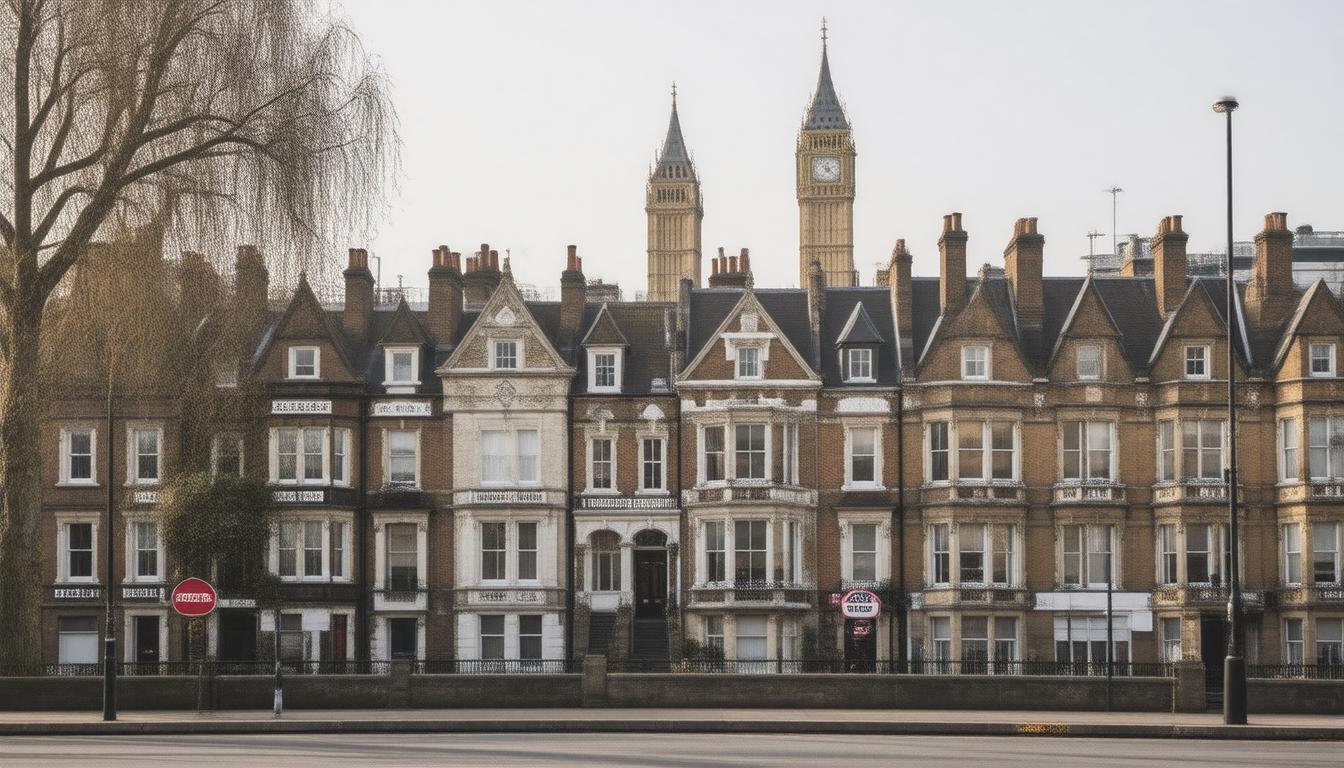Westminster City Council is currently engaging with stakeholders, including tenants, landlords, property agents, and the wider public, to gather feedback on its proposed selective licensing scheme aimed at improving safety standards in the private rented sector (PRS). Given that Westminster hosts the largest private rented sector in England, this initiative is crucial in addressing the pressing challenges of inadequate housing conditions and antisocial behavior in these residences. The consultation, which is open until January 19, 2025, is positioned as part of the Council’s broader strategy to ensure compliance with legal safety standards across all privately rented properties in 15 designated wards, extending the previous licensing measures for Houses in Multiple Occupation (HMOs). With the looming housing crisis and the declining availability of social housing options, many Londoners increasingly rely on private rentals, making the implementation of such standards vital for the wellbeing of tenants.
Key Takeaways
- The proposed licensing scheme aims to enhance safety standards across all privately rented homes in Westminster.
- Westminster City Council has already seen success in improving tenant safety through their previous licensing initiatives for HMOs.
- Community feedback is crucial in shaping the scheme, highlighting the council’s commitment to addressing compliance and safety issues in the private rented sector.
Overview of the Selective Licensing Scheme
Westminster City Council has launched a consultation seeking feedback from tenants, landlords, property agents, and other stakeholders regarding a proposed *Selective Licensing Scheme* targeting private rented homes across specific areas of the city. This initiative is part of the council’s efforts to enhance safety standards and tackle issues of poor housing conditions and antisocial behaviour within the private rented sector (PRS), which, according to the council, hosts the largest PRS in England (Westminster City Council, 2024). As private rentals become increasingly essential amidst a national housing crisis and the shortage of social housing, this scheme aims to ensure that all types of privately rented properties meet the necessary legal safety standards (Smith, 2024).
Previously, the council introduced a borough-wide additional licensing scheme for houses in multiple occupation (HMOs) in 2021, which saw the issuance of over 2,500 licenses aimed at improving tenant safety (Westminster City Council, 2024). In the year 2023/24, significant enforcement activities were undertaken, including the issuance of over 1,600 preliminary improvement notices and the prosecution of five landlords for severe violations. These actions have reportedly led to improvements in 278 properties that showcased critical hazards (Jones, 2024).
The proposed scheme would expand its scope beyond HMOs to all privately rented properties across 15 wards, with Councillor Matt Noble highlighting the necessity of community feedback to counter instances of non-compliance and negligence that can negatively impact tenants. The consultation period will conclude on January 19, 2025, with potential implementation of the licensing scheme anticipated by spring
2026. Residents can participate and provide their insights via the Westminster City Council’s official online portal (Westminster City Council, 2024).
By fostering a regulatory environment through this licensing scheme, Westminster City Council aims to create safer living standards and hold landlords accountable for their properties.
Impact on Private Rentals and Community Safety
The proposed selective licensing scheme is a proactive measure by Westminster City Council to enhance overall community safety within private rentals while also aiming to address increasing demands for affordable housing. Recent data suggests that a significant number of private renters face challenges related to inadequate housing and antisocial behaviour, thereby necessitating a comprehensive regulatory approach (Johnson, 2024). The council anticipates that by extending the licensing requirements to a wider range of properties, it can raise awareness among landlords about their responsibilities and improve the quality of rented homes across the borough. This initiative aligns with broader national efforts to improve housing standards, particularly in urban areas grappling with similar issues of tenant safety and welfare (Mills, 2024). Furthermore, the council’s strategic plans to involve community voices in the consultation process reflect a commitment to transparency and inclusivity, encouraging collaboration between tenants and landlords to foster a healthier rental market.





